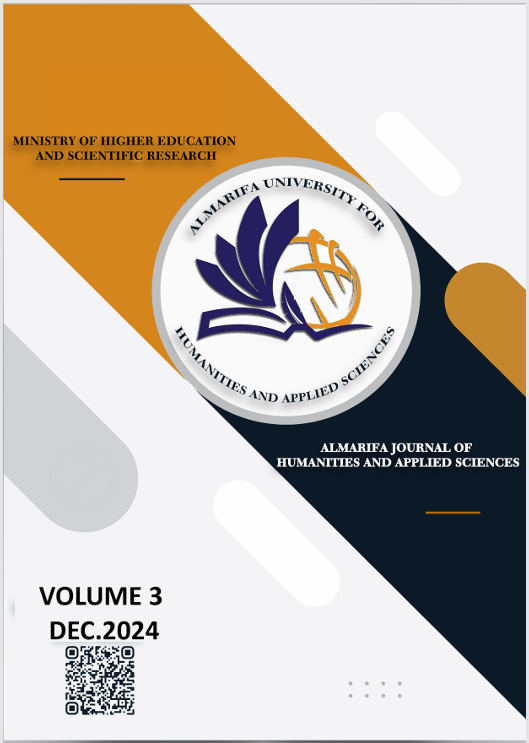E-learning in the higher education sector and its impact on ensuring educational quality (a theoretical study of benefits, challenges, and quality standards)
Keywords:
E-learning, higher education, benefits, challenges, quality standards.Abstract
The higher education sector is considered a critical sector in any country. It is responsible for providing the university services needed by researchers, whether students or faculty members. It is also responsible for graduating the elite of future youth, upon whom we rely for nation-building and development. Hence, the idea of this study emerged, which aims to review the reality of e-learning and some of the related concepts, and to shed light on the role of higher education institutions in activating it within their educational system plans. In reality, it represents a call from the researchers to truly adopt this model of education to achieve a renewed future vision for these institutions. Adopting e-learning according to quality standards that ensure its effectiveness has become a matter of survival. Therefore, the researchers also addressed some of the quality standards that achieve the desired goal of implementing e-learning. In this study, the researchers used the descriptive approach to describe all concepts related to activating e-learning within higher education institutions, given its relevance to the subject of the study. The study concluded with a set of findings, the most important of which are: e-learning provides a high degree of flexibility, and taking e-learning requirements into account is a strategic force that determines the level of progress of an educational institution and its standing among other institutions. However, at the same time, it suffers from challenges directly related to weakening investments in the fields of information and communications technology, which imposes on those interested in education the necessity of striving to develop it and complete the necessary capabilities for its implementation. Therefore, in light of these results, the researchers recommend working to spread the culture of e-learning within the halls of higher education institutions, and clarifying its importance in the educational process by holding internal workshops to delve deeper into its advantages and method of use, and working to provide an infrastructure for information and communications technology that is more suitable for electronic services, including e-learning, the subject of the study, especially since most previous studies in the field of e-learning have emphasized the importance of activating it in the field of education in general, and university education in particular.

Downloads
Published
Issue
Section
License
Copyright (c) 2025 almarifa journal

This work is licensed under a Creative Commons Attribution 4.0 International License.

